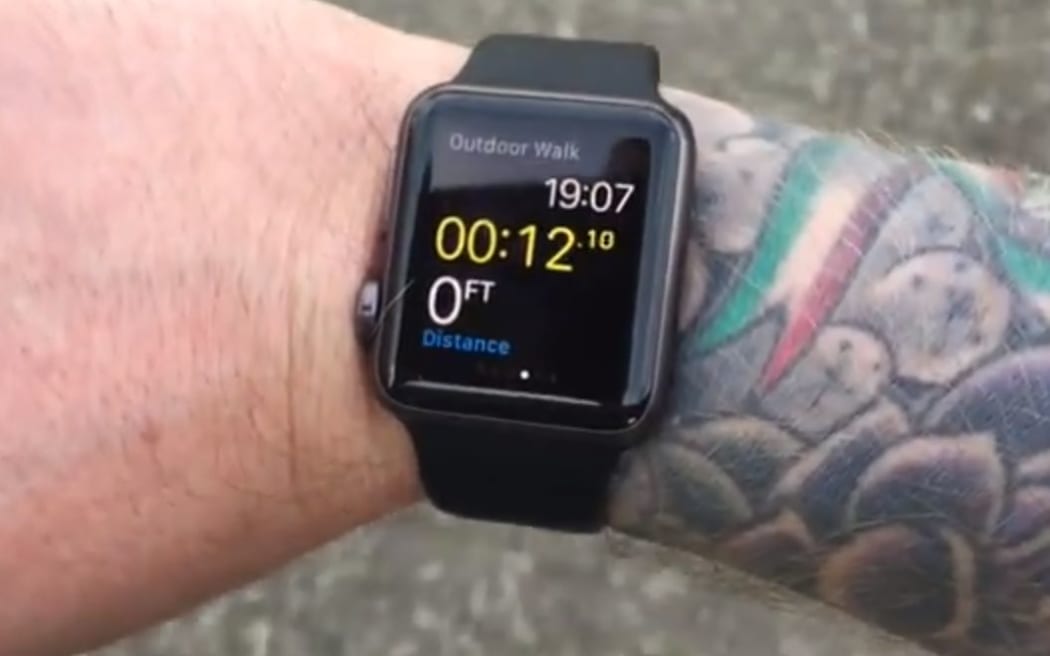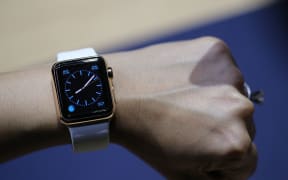More universities could ban watches in exams as they try to stamp out cheating.

Photo: Michael Lovell / YouTube
The rise of smart watches that can browse the internet has already led Massey University to ban all watches during tests.
Universities New Zealand executive director Chris Whelan said the gadgets posed a new threat.
He said other institutions were keeping a close eye on Massey's latest effort to stem technology-based cheating.
"Other universities are actively considering it and I think every university will consider the risks on merit," he said.
"Certainly Massey University are looking at banning all watches because smart-watches have the potential to... look exactly like a normal watch."
Mr Whelan said cheating was a small, but ever-present problem.
Retired senior university tutor Michael Clarke, now working part-time as an exam supervisor, said students who wanted to cheat would try anything.
"Writing on body parts - arms, legs, things like that. I'm sure some of them write on their hands."
Mr Clarke said some wrote notes on tiny pieces of paper, and crammed them into ballpoint pens.
But he said the rise of technology, especially smart devices like phones and watches, made weeding out cheaters tough.
New Zealand Union of Students' Association's president Rory McCourt said for the vast majority, technology was not a means to scam the exam process.
But students were under huge pressure to succeed.
"When you're borrowing thousands and thousands of dollars a year, when you're putting 50, or 60, or 70 hours a week into your course, it's very high stakes," he said.
"Even so, I think our students are showing incredible restraint to not cheat and to be honest with their examinations."
The Tertiary Education Union said it was not just students, but staff, who were under pressure.
National President Sandra Gray said tutors' and lecturers' workloads had increased which meant less time for each student.
"The ratio of students to staff has been on the increase so there's more pressure going on staff," she said.
"That actually makes it difficult on one level to keep on top of the whole issue of, are people getting the learning that they need, or are some of them slipping through the cracks."
If students did not understand the work, some might feel the need to cheat, she said.
Mr Clarke said banning technology was not a silver bullet and a better idea would be to phrase exam questions in a way that made them difficult to find on the web.




